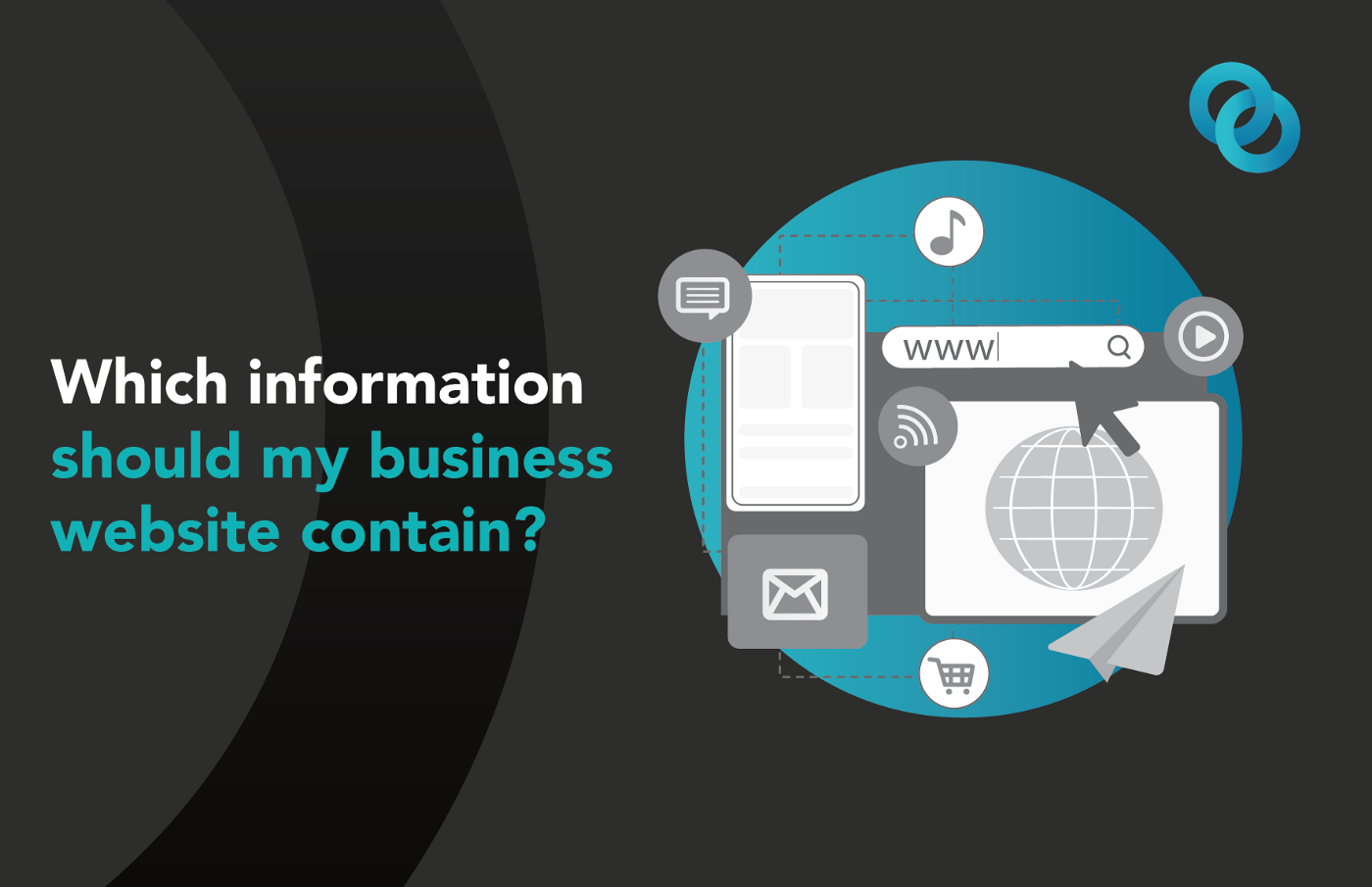Nowadays, everybody needs a virtual presence to sell. While social media presence like Facebook or Instagram is important, your website is the standard for everybody to know about your business.
You can fully control what, how, and when content is published. But, what should your website contain? Let’s list the basics of the website content.
Indispensable content
Your homepage:
mywebsite.com/
- The hero section: is the most important part of your website. It must describe why your website exists concisely.
About us page:
mywebsite.com/about-us
- Business’ history: write about your company, inspire readers with your personal tale.
- Business goals and values: next to your company’s history, describe which values and goals took you on this path.
- The team: demonstrate to your public that you are real people, not a faceless organization.
- Social media: list links to your social media profiles, they’ll back up your social proofing.
- Contact methods:
- Business address — if you have a mailing address, post it. It shows you’re there, ready to answer.
- If you have an e-commerce website, this helps clients to fulfill any returns.
- Phone number — we all want to talk to a human to solve our needs!
- Email address: another way for your clients to reach you!
Terms and conditions of service:
mywebsite.com/terms-of-service
Terms of service give you and your clients a framework and clear expectations of the services/products provided.
- Billing structures
- Scheduling and/or shipment policy
- Disclaimers
- Return/refunds policy
Privacy & cookies policy:
mywebsite.com/privacy-policy
Privacy policies are required by law, they describe how you employ user’s information. You must enunciate:
- What data are you collecting from people visiting your website
- What are you doing with the data
- How are you protecting the information
- How can the user opt-out
Products and categories
Categorize your products in the most useful way for your clients, i.e.: are you selling jeans? Organize them by size, color, brand, etc.
People search for products in a myriad of ways, so you must give them the tools to find your products with ease.
Products if you’re selling goods, always include technical data:
- Name
- Identification numbers as SBIN
- Price
- Weight, dimensions (W, L, D) of both: product and package
- Stock availability (if out of stock, when it’s going to be available again)
Tools
By now, you’re probably creating a list of content to add or update to your website. For that, you can use tools like Grammarly to enhance your text quality.
To publish your website, you can use a free CMS like WordPress and select a server with enough bandwidth to provide your expected number of visitors with a smooth experience.





